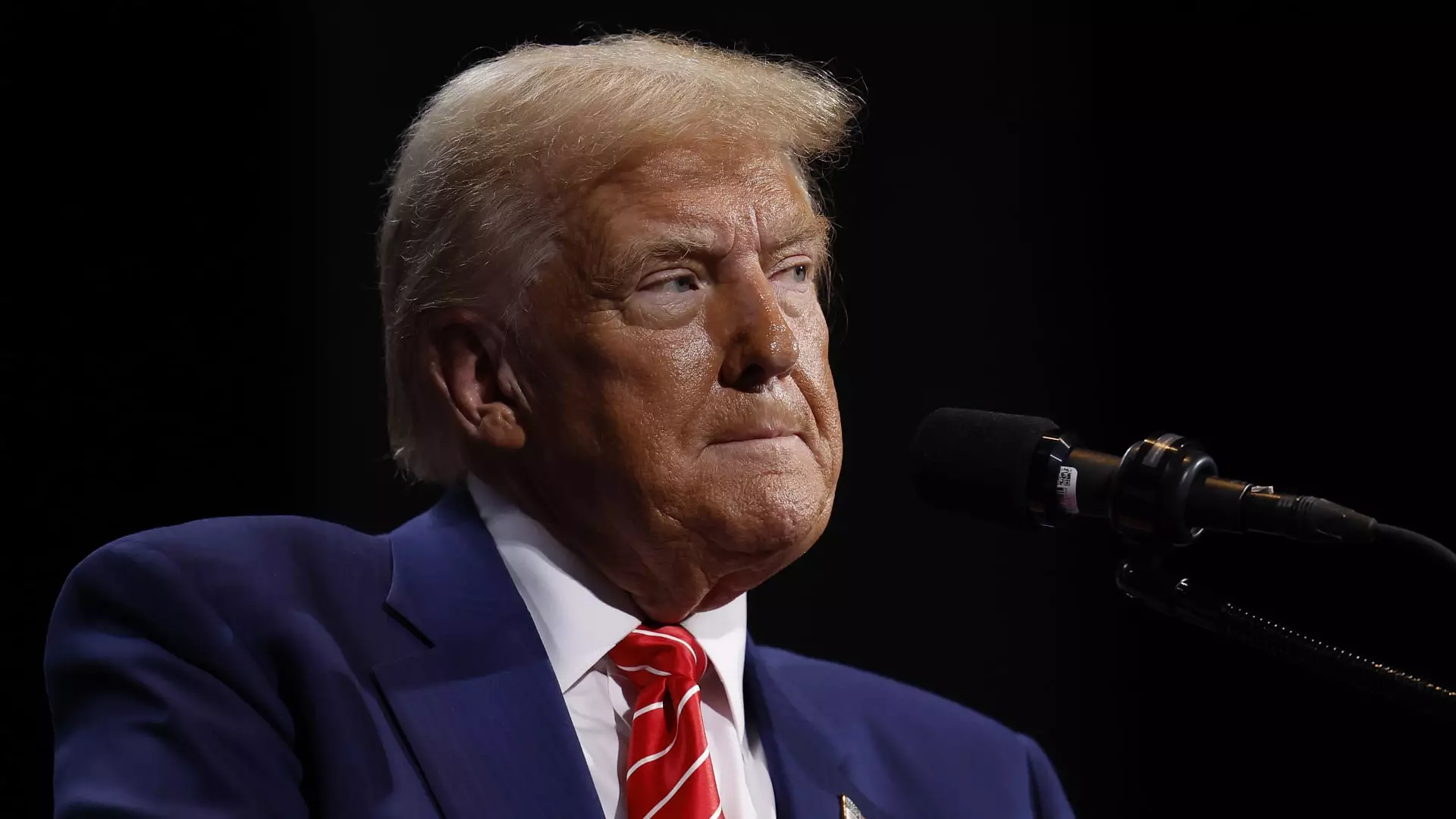In a case that underscores the complexities of justice and the perils of public discourse, five men wrongly convicted in the notorious Central Park jogger rape case have initiated a lawsuit against former President Donald Trump. This lawsuit arises from statements Trump made during a recent presidential debate, where he purportedly defamed these men by suggesting they were guilty of murder. This article discusses the allegations, the historical context, and the broader implications for civil rights and legal accountability.
The Plaintiffs: From Victims to Advocates
The plaintiffs—Yusef Salaam, Raymond Santana, Kevin Richardson, Antron McCray, and Korey Wise—now known collectively as the Exonerated Five, were merely teenagers when they were implicated in a crime they did not commit. Initially convicted in 1990 based on coerced confessions and a systemic failure of the judicial process, the men endured significant emotional and psychological trauma for years in prison. It wasn’t until 2002 that DNA evidence exonerated them, revealing the shocking truth that they had been innocent all along. This profound misjudgment not only shattered their lives but also spotlighted broader issues of racial bias within the criminal justice system.
In the September debate against Democratic nominee Kamala Harris, Trump’s remarks about the Exonerated Five echoed sentiments he expressed in the 1989 advertisement, where he called for the death penalty for the accused. His recent claims, asserting that the men “admitted” guilt and had even completed a plea deal, are not only factually inaccurate but also serve as a continuation of a narrative that has falsely branded these individuals as criminals. His statements prompted the men to take legal action, asserting claims of defamation, intentional infliction of emotional distress, and false light. They seek damages exceeding $75,000, a figure that could increase depending on trial outcomes.
The lawsuit characterizes Trump’s comments as a “continuing tort,” suggesting his behavior towards the Exonerated Five is part of a longstanding pattern of malicious and incendiary rhetoric. This concept raises crucial questions about the ethics of public figures—especially political leaders—who exploit the vulnerabilities of marginalized individuals for personal gain. By fostering public misconceptions, such figures contribute to an environment where systemic injustices fester unabated. The insistence on rectifying these wrongs illustrates the need for accountability and reparations for individuals who have suffered due to the failures of the legal system.
This controversy also highlights the broader responsibility of media representation in shaping public perceptions of crime and race. The ad Trump placed—a full-page piece in The New York Times—exemplifies how media narratives can perpetuate harmful stereotypes, especially against people of color. Despite being innocent, the Exonerated Five became pawns in a political battle, which only intensified as it spurred a public outcry against the justice system’s racial dynamics. Trump’s statements during the debate evoke a troubling narrative, reinforcing damaging stereotypes that continue to surround discussions of race and crime.
As the Exonerated Five navigate the treacherous waters of legal battles against a former president, their case holds powerful implications not only for them but for all who have been victimized by injustice. Their advocacy not only seeks to reclaim their dignity but also aims to challenge the status quo and inspire reform within the justice system. The outcome of this lawsuit will likely resonate beyond the courtroom, influencing future discussions about defamation, accountability for public figures, and the importance of justice reform—particularly concerning race. The Exonerated Five’s journey from victims to advocates exemplifies not just a quest for restitution but a continued fight against a legal system that has long failed them. Their story echoes a broader narrative of resilience and the ongoing struggle for justice, reminding us that while the past is fraught with challenges, there remains hope for a future grounded in truth and equity.


Leave a Reply